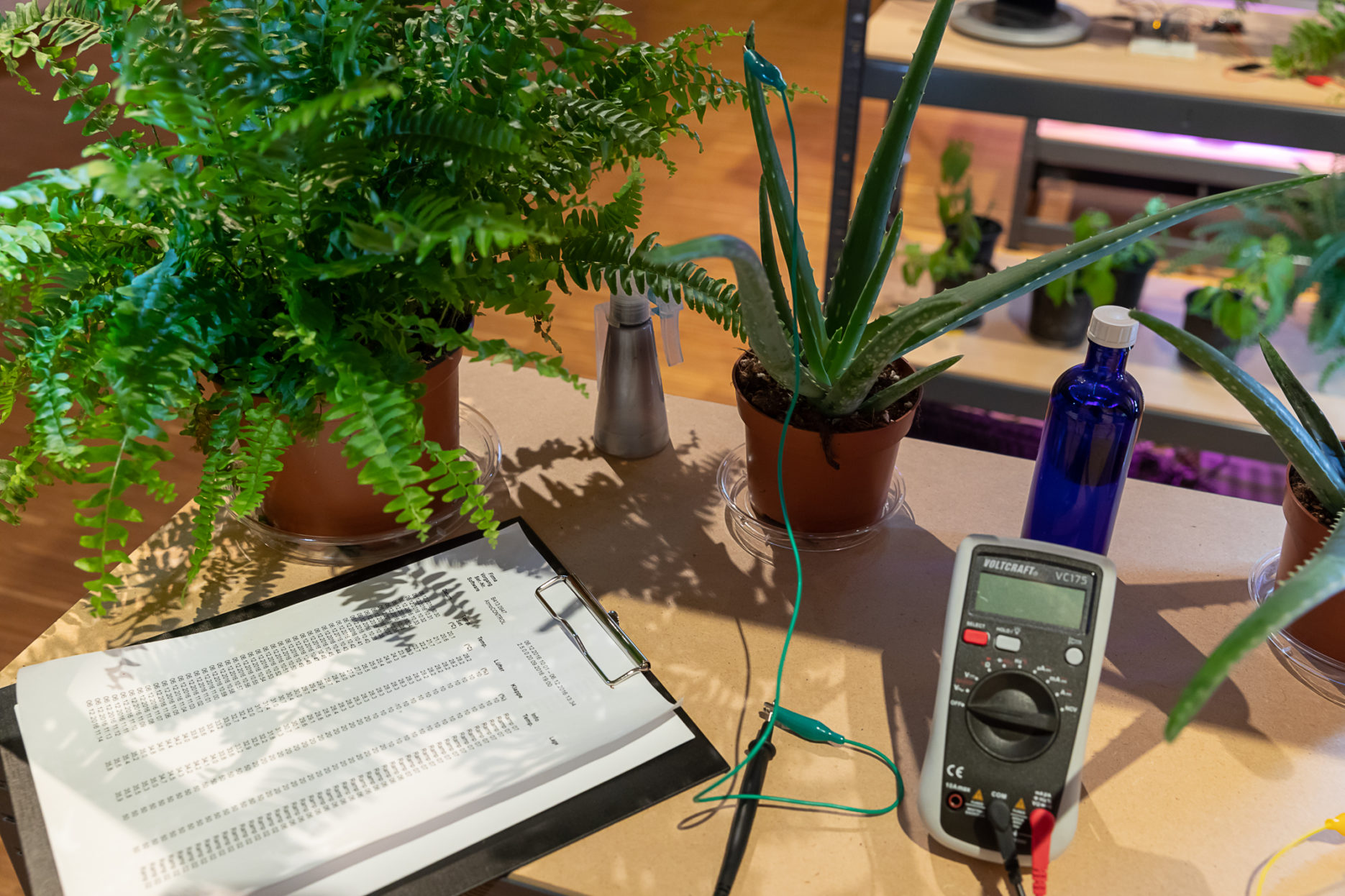INTEGRATIONCENTER FOR
MIGRATED PLANTS (IZMP)
Research Center – Lectures, Installation of the Temporary Language Laboratory
Since 2017
different parts were kindly supported by:
BMKÖS, Land Steiermark, Stadt Graz, Universität Graz, AIL, Stadt Wien
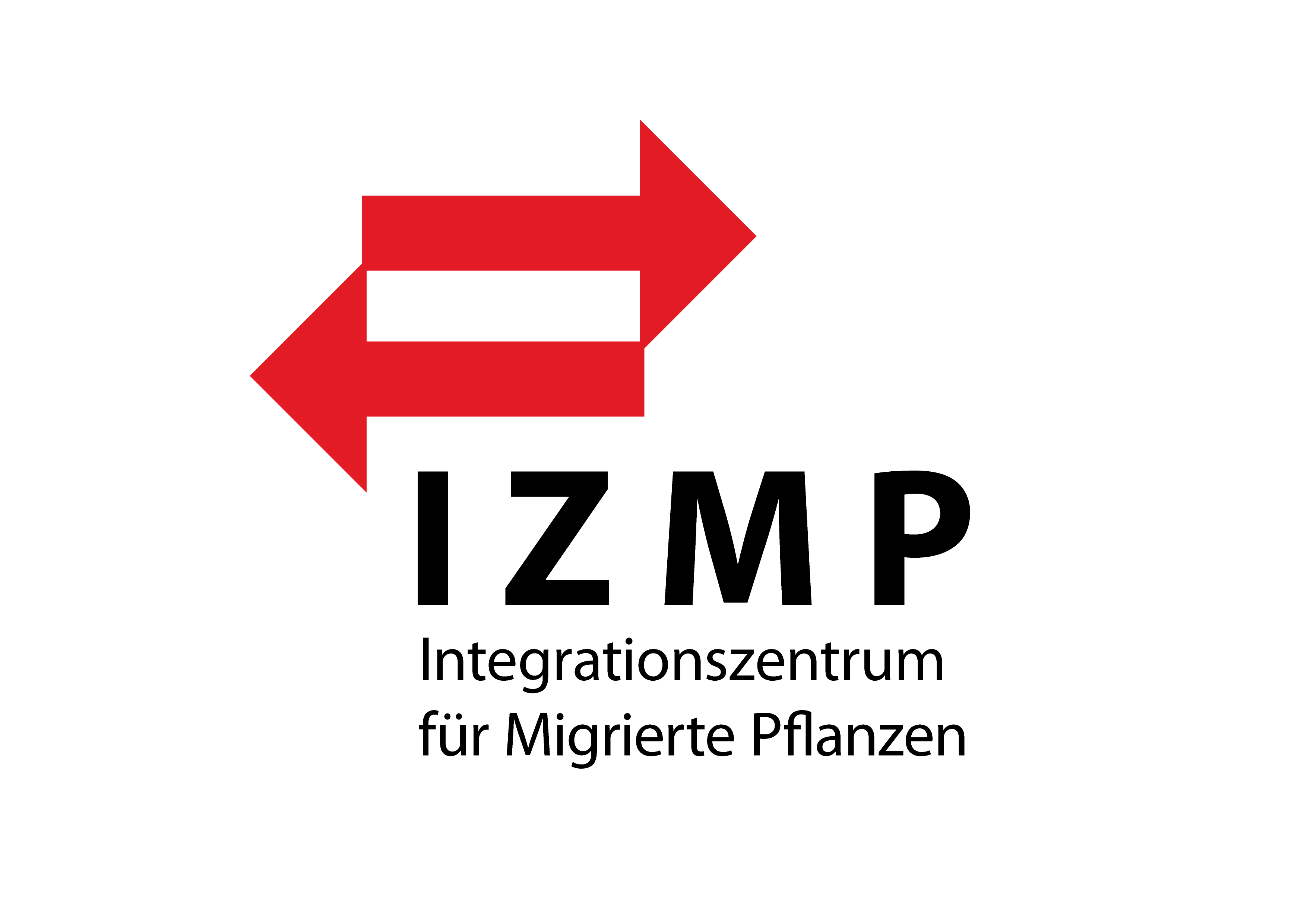
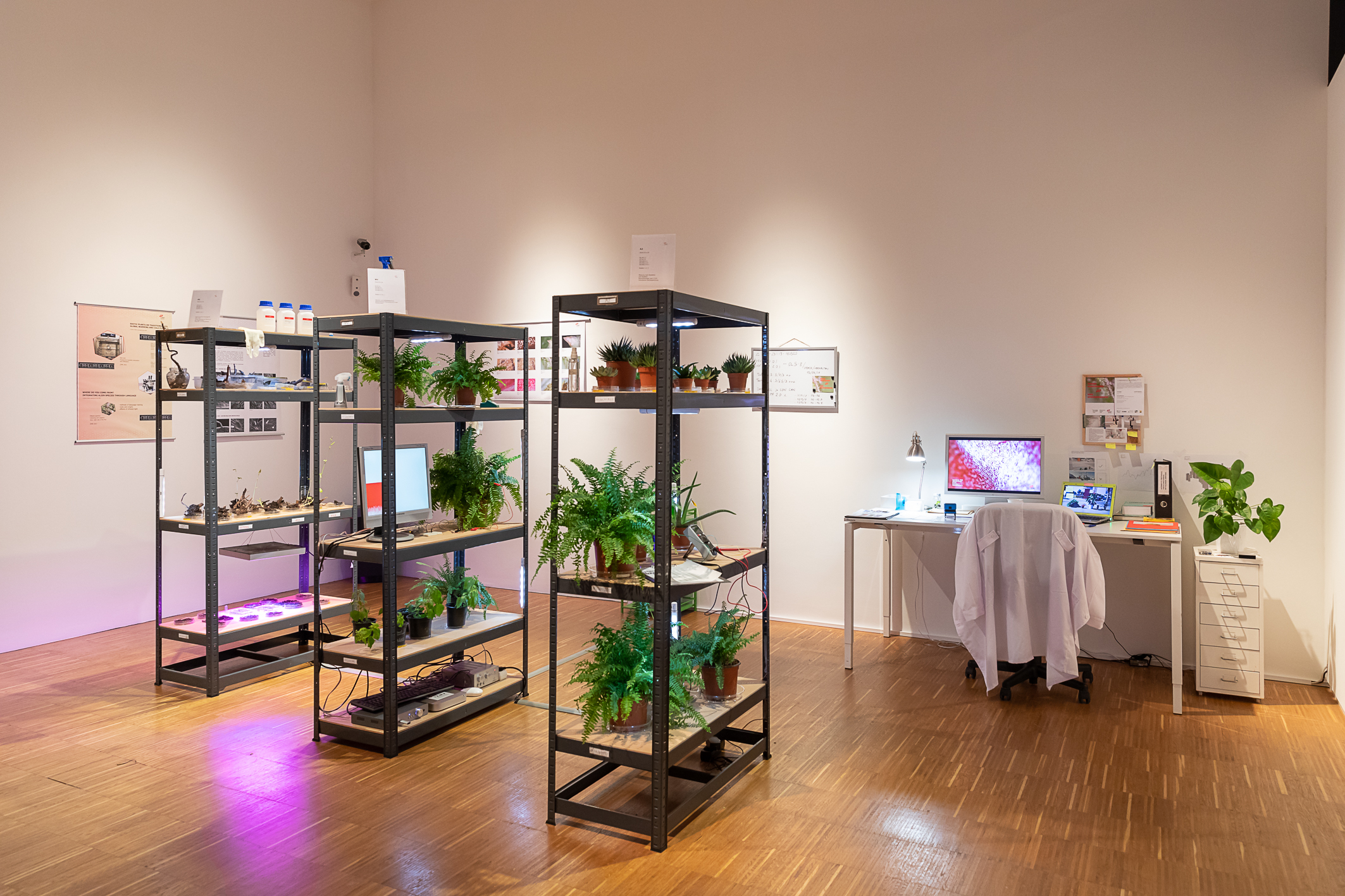
exhibition view: IZMP (The Language Lab), Neue Galerie Graz, 2019-2020
photo: Universalmuseum Joanneum / N. Lackner
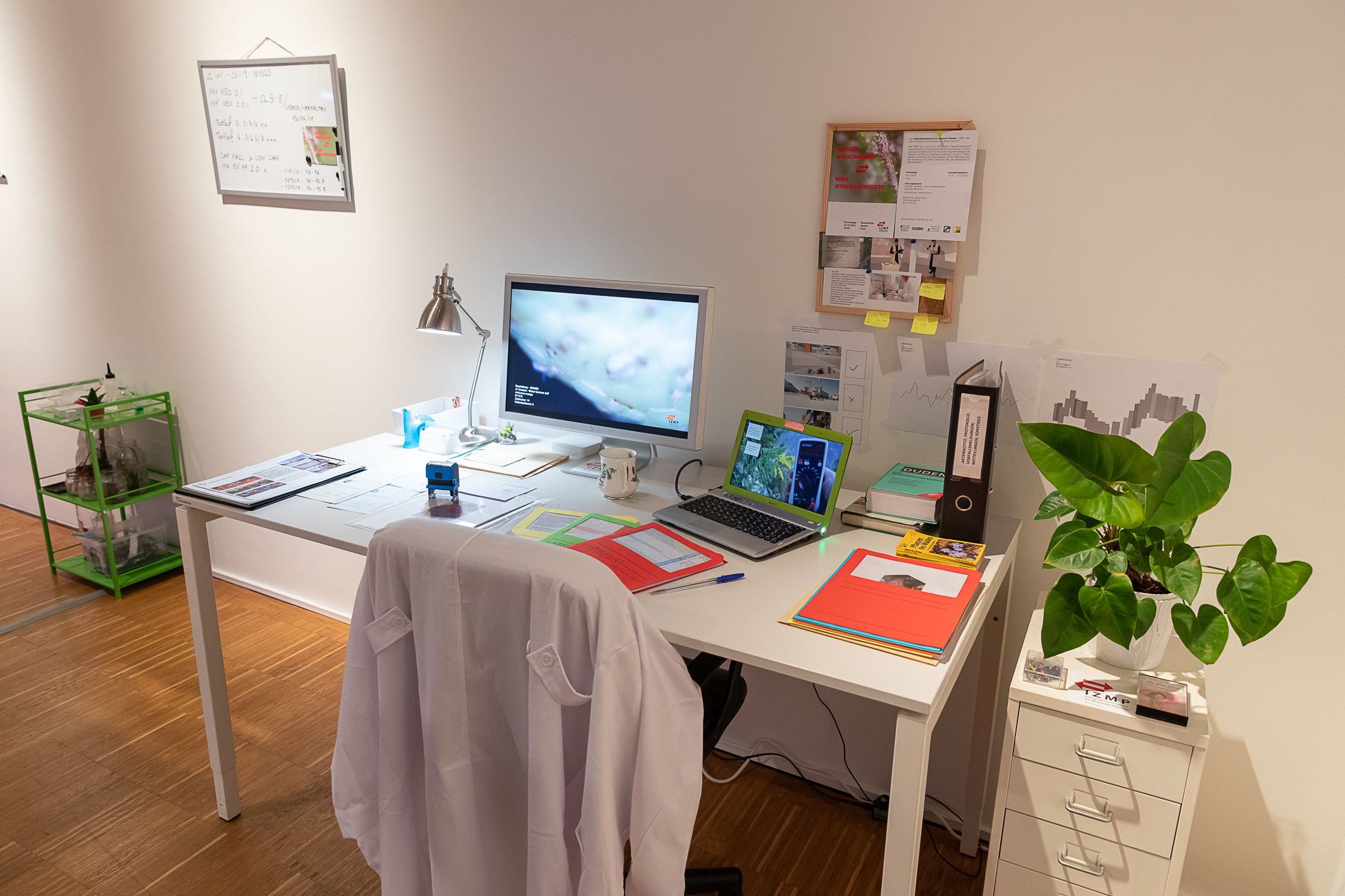
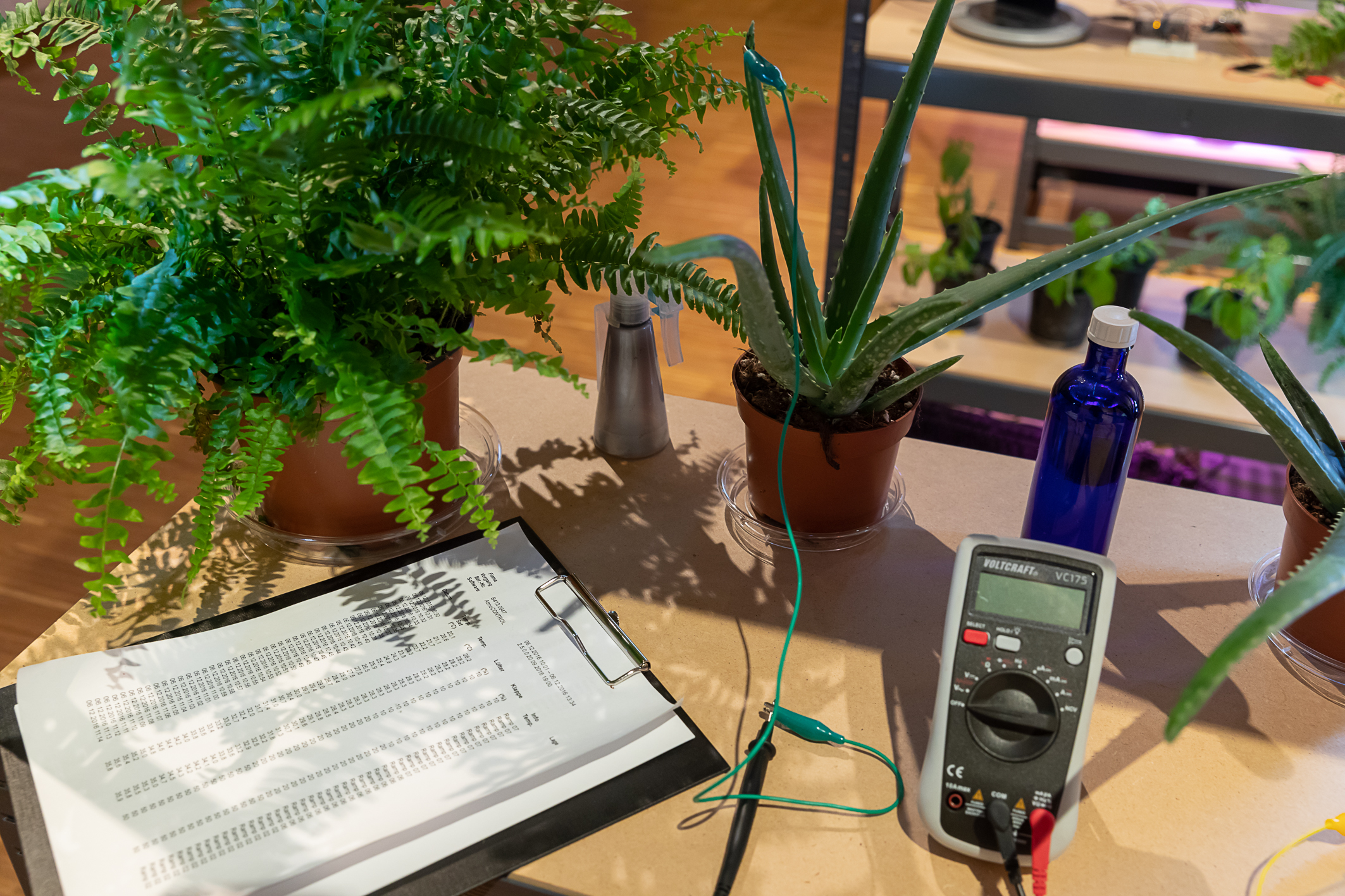
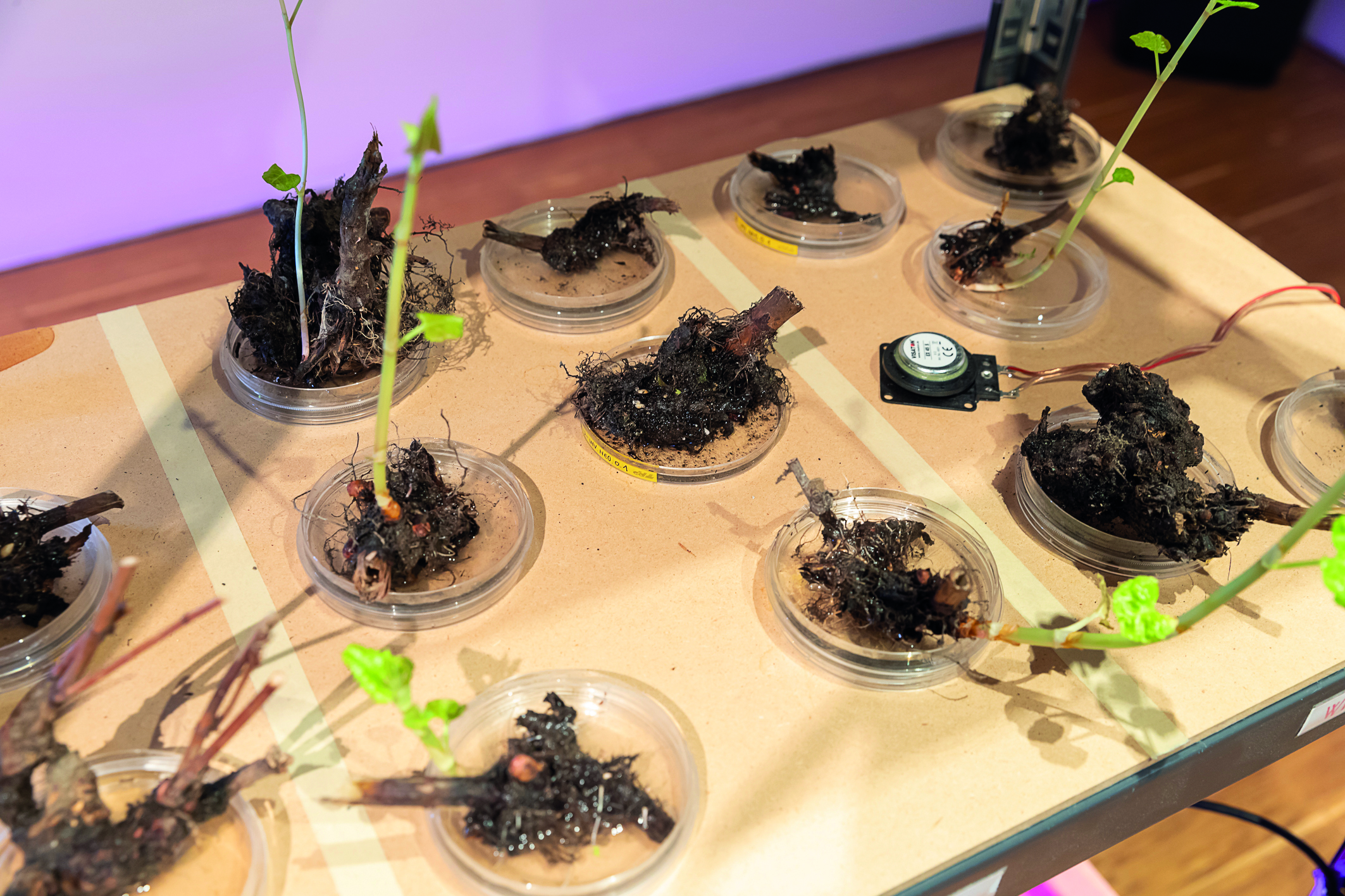
exhibition views: IZMP (The Language Lab), Neue Galerie Graz, 2019-2020
photos: Universalmuseum Joanneum / N. Lackner
Satire understood as radical criticism, provocation as humor that is not self-evident, that wants change – so that you somehow end up with a certain irritation, with a laugh that almost sticks in your throat. One sees many open questions to which there is no answer in this provocative piece of laboratory work.
Elena Messner
writer
IZMP has been exhibited in various forms (installation of the language laboratory, showroom, lecture performance, …) and is also presented on May I introduce: Alien. In 2019, it was awarded a working scholarship by the Province of Styria as part of the Promotional prize for Contemporary Fine Art.
Media
Postcoronal Lab
ARTfaces Steiermark
JMU Radio-Television of Vojvodina
ORF Steiermark heute, 28.11.2019: Förderungspreis für zeitgenössische bildende Kunst
Kleine Zeitung 2019
ICOM Ceca Konferenz 2019
Kultur Online 2019
Südwest Presse, 2021, Marcus Golling
NZU, 2021, Veronika Lintner
altertuemliches.at, 2019
Kronen Zeitung Steiermark, 2019, Michaela Reichert
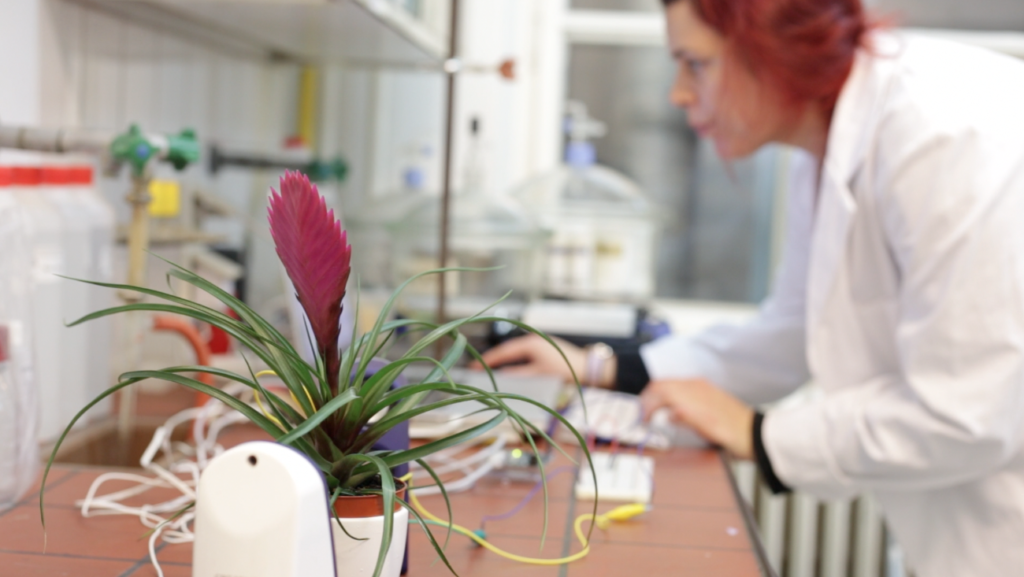
IZMP
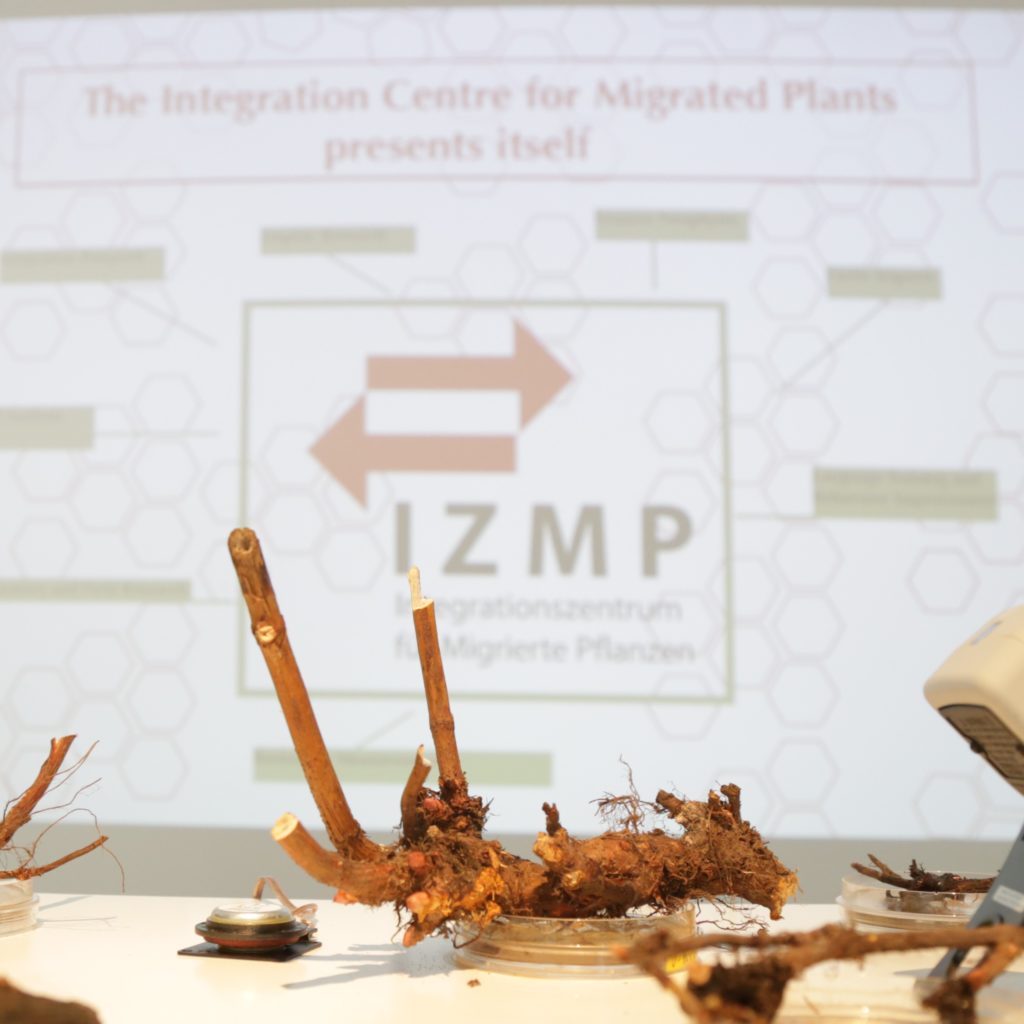
exhibition detail: “Hacking the Network”, Gallery U10, Belgrade (RS), 2017
Text excerpt about IZMP:
In often collaborative ways and collective processes, Lena Violetta Leitner explores connections between art and science, especially in the field of biology, but also language and society. In 2017, for example, she founded an Integrationcenter for Migrated Plants – abbreviated IZMP – in which she focuses with ironic subtlety on current global political escape and migration movements in the mirror of our behavior towards plants.
Based on facts that she mixes with speculative fabulation, Lena Violetta Leitner traces the (colonial) history(s) of so-called invasive alien plants and, in particular, Japanese knotweed with the help of the research center.
Invasive alien plants are plants that have arrived after 1492 as a result of human activity in regions where they were not previously found. Although originally deliberately imported to Europe in the 19th century, long held in high esteem and despite its usefulness of important binding of heavy metals in the soil, Japanese knotweed was classified as a problem plant a few years ago for economic reasons due to its rapid growth and high adaptability with which it displaces other plants, and subsequently combated. The classification as an undesirable migrant and the linguistic defamation as an invasive plant was misused for right-wing populist propaganda in Austria especially in 2015 in the course of increased global refugee movements. In a counter-movement, Leitner’s works therefore question how and why we classify plants as seemingly >foreign< or >native< and thus investigate exclusion and demarcation mechanisms.
Among other projects, she created the installation Sprachlabor (2017), in which the plants are exposed to German and behavioral courses, while the electronic
resistance value of their leaves is measured to study their ability to integrate into Austria. If resistance is persistently high, the plants are returned, while a low resistance value results in an integration pass. The laboratory-like installation is flanked by a lecture performance that addresses, among other things, our use of and relationship to inexpensive, exotic houseplants from the garden center, thus highlighting ambivalences between wanted and unwanted plant migrants.
Julia Katharina Thiemann
curator
exhibition trailer “Kunstreichgewächse – Bitte gießen!”, Museum Ulm (DE), 2021
IZMP – The Language Lab, Zweigstelle Sterngasse, 2017
video: Birgit & Peter Kainz

